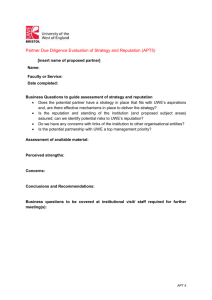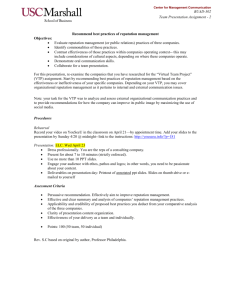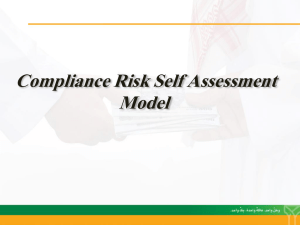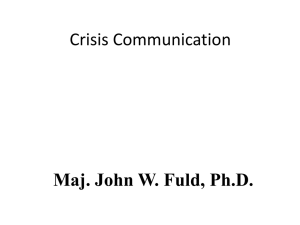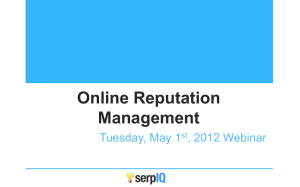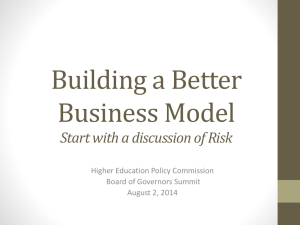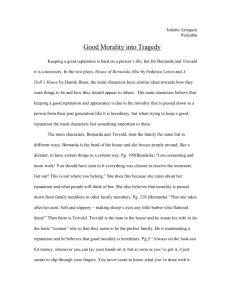File
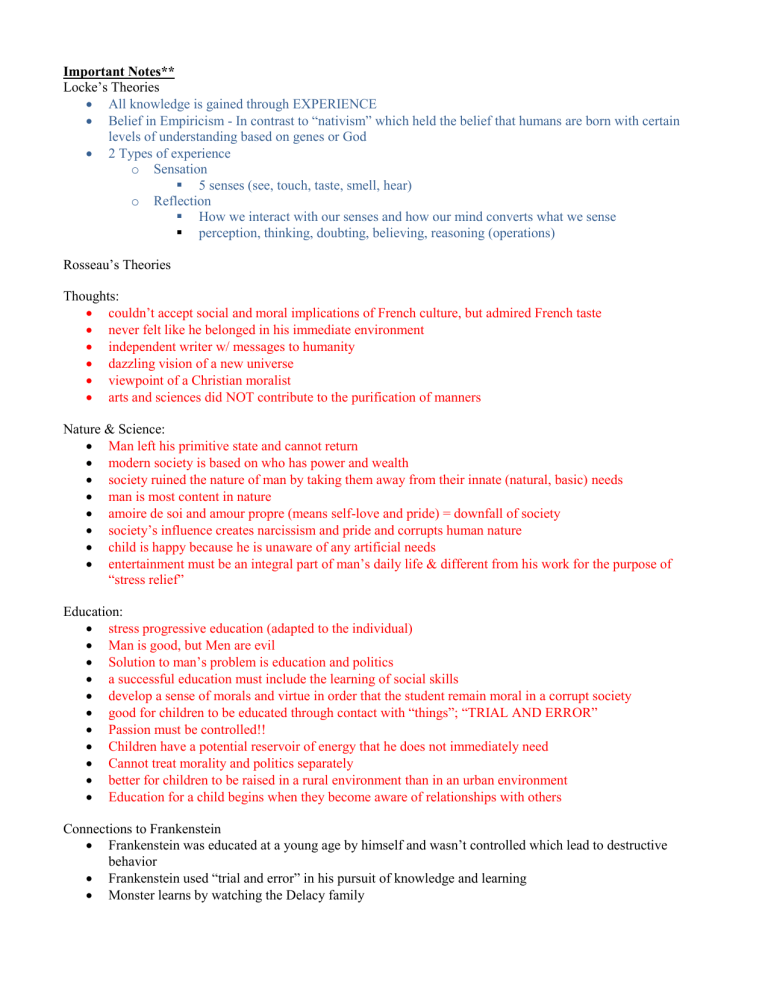
Important Notes**
Locke’s Theories
All knowledge is gained through EXPERIENCE
Belief in Empiricism - In contrast to “nativism” which held the belief that humans are born with certain levels of understanding based on genes or God
2 Types of experience o Sensation
5 senses (see, touch, taste, smell, hear) o Reflection
How we interact with our senses and how our mind converts what we sense
perception, thinking, doubting, believing, reasoning (operations)
Rosseau’s Theories
Thoughts:
couldn’t accept social and moral implications of French culture, but admired French taste
never felt like he belonged in his immediate environment
independent writer w/ messages to humanity
dazzling vision of a new universe
viewpoint of a Christian moralist
arts and sciences did NOT contribute to the purification of manners
Nature & Science:
Man left his primitive state and cannot return
modern society is based on who has power and wealth society ruined the nature of man by taking them away from their innate (natural, basic) needs
man is most content in nature
amoire de soi and amour propre (means self-love and pride) = downfall of society
society’s influence creates narcissism and pride and corrupts human nature
child is happy because he is unaware of any artificial needs
entertainment must be an integral part of man’s daily life & different from his work for the purpose of
“stress relief”
Education:
stress progressive education (adapted to the individual)
Man is good, but Men are evil
Solution to man’s problem is education and politics
a successful education must include the learning of social skills
develop a sense of morals and virtue in order that the student remain moral in a corrupt society
good for children to be educated through contact with “things”; “TRIAL AND ERROR”
Passion must be controlled!!
Children have a potential reservoir of energy that he does not immediately need
Cannot treat morality and politics separately
better for children to be raised in a rural environment than in an urban environment
Education for a child begins when they become aware of relationships with others
Connections to Frankenstein
Frankenstein was educated at a young age by himself and wasn’t controlled which lead to destructive behavior
Frankenstein used “trial and error” in his pursuit of knowledge and learning
Monster learns by watching the Delacy family
Frankenstein makes the monster not for humanity, but for his own pride and accomplishments. He then abandons it when he sees how grotesque it is.
Monster learns rather well from nature despite being abandoned
Monster shows differences between primitive man and modern man
Wollstonecraft’s Theories
Opinion (REPUTATION) is the grave of virtue among the men; but its throne among women. o Men’s reputation is more flexible not as important because it’s foundation is based more in material gain than morality o Could lead others to “death” in their morality if the leader’s reputation is unfounded o The pursuit of reputation leads to the “death” of their human morality, virtue o Ex: Percy Shelley and Lord Byron (both men’s reputation did not reflect their true virtue)
PERCEPTION vs. REALITY o Womanly purity is the basis for reputation – opinion is a motivator for virtue for women o Reputation is the highest goal for the life of a woman o “Many people obtain a better reputation than they deserve” (para. 4)
When two people’s virtue is nearly the same, “the most negative character will be liked best by the world at large, whilst the other may have more friends in private life” (para. 7) o Ex. Modern celebrity
“by some very extraordinary and unlucky circumstance, a good [woman] may come to be suspected of a crime of which [she] was altogether incapable…” (para. 3) o connection to Justine’s character o “but a woman, in behaving well, performs but half her duty; as what is thought of her [perception], is as important to her [reputation] as what she really is”

